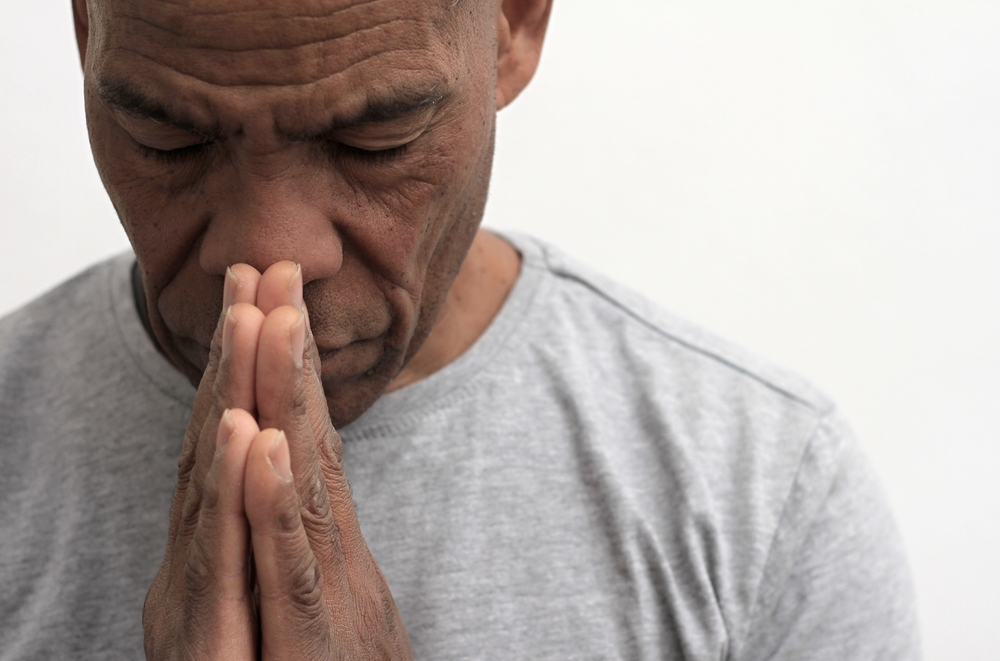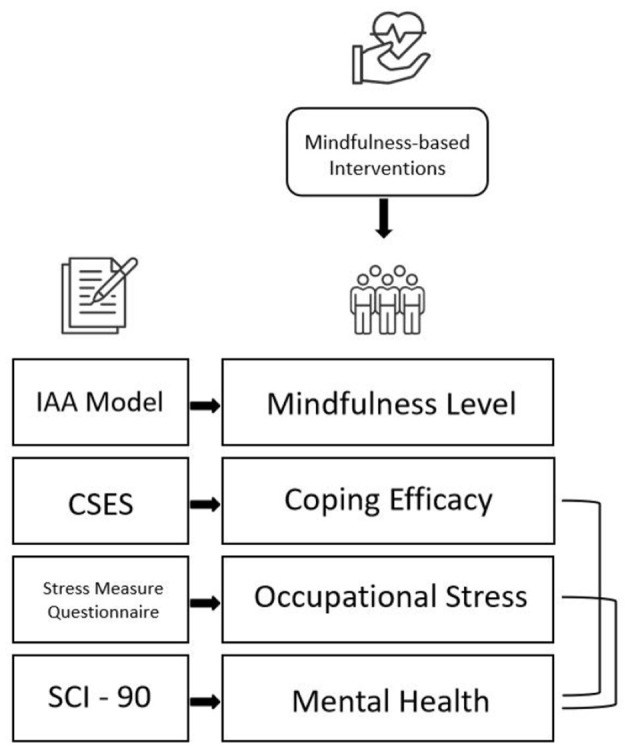By John M. de Castro, Ph.D.
In today’s Research News article “Effects of Short Video App Guided Mindfulness Meditation on Policemen’s Communication Anxiety, PTSD, Anger Management, and Mood Disorders” (See summary below or view the full text of the study at: https://pmc.ncbi.nlm.nih.gov/articles/PMC12110842/ ) Liu and colleagues performed a randomize controlled trial of the effects of daily practice with a mindfulness meditation app on the mental health of police. They report that the police who used the app had significant increases in anger management and decreases in communications anxiety and mood disorders.
Mindfulness improves police mental health.
CMCS – Center for Mindfulness and Contemplative Studies
This and other Contemplative Studies posts are also available on the Contemplative Studies Blog http://contemplative-studies.org
Study Summary
Liu C, Lin LJ, Zhang KJ, Liu TH, Chiou WK. Effects of Short Video App Guided Mindfulness Meditation on Policemen’s Communication Anxiety, PTSD, Anger Management, and Mood Disorders. Healthcare (Basel). 2025 May 21;13(10):1213. doi: 10.3390/healthcare13101213. PMID: 40428049; PMCID: PMC12110842.
Abstract
Background: Law enforcement is a high-stress profession, with officers frequently exposed to traumatic events, leading to mental health challenges such as communication anxiety, post-traumatic stress disorder (PTSD), anger management difficulties, and mood disorders. Mindfulness meditation (MM), particularly when guided through short video applications, has shown promise in addressing these issues by enhancing emotional regulation and resilience. Objective: This study explores the effects of an 8-week MM intervention, delivered via short video apps, on communication anxiety, PTSD, anger management, and mood disorders in police officers. Methods: A randomized controlled trial (RCT) was conducted with 110 full-time police officers aged 25–55 in China. The final 92 eligible participants were divided into two groups: the MM group (n = 46) and the control group (n = 46). The intervention consisted of daily 10–15 min video-guided MM sessions. Pre- and post-intervention measures included validated questionnaires assessing communication anxiety (PRCA-24), PTSD (PCL-5), anger management (STAXI-2), and mood disorders (DASS-21). Data analysis was performed using MANOVA. Results: The intervention group showed significant improvements in communication anxiety (F = 8.505, p = 0.004), PTSD (F = 25.831, p < 0.001), anger management (F = 4.968, p = 0.027), and mood disorders (F = 13.058, p < 0.001) compared to the control group. These improvements were supported by significant interaction effects between group and time, indicating that the MM intervention had a positive impact on these mental health variables. Conclusions: Video-guided MM delivered via short video apps significantly reduced communication anxiety, PTSD symptoms, and mood disorders, and improved anger management among police officers. These findings highlight the potential of digital MM interventions as a scalable and accessible tool for enhancing mental well-being and resilience in law enforcement personnel.



 By John M. de Castro, Ph.D.
By John M. de Castro, Ph.D.